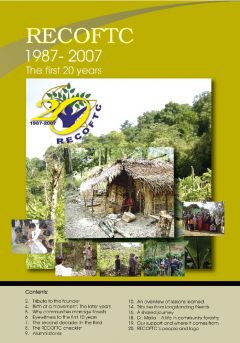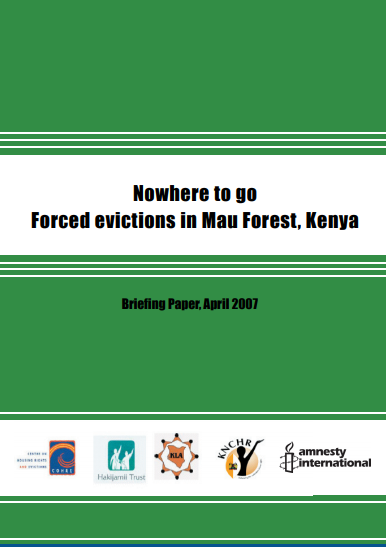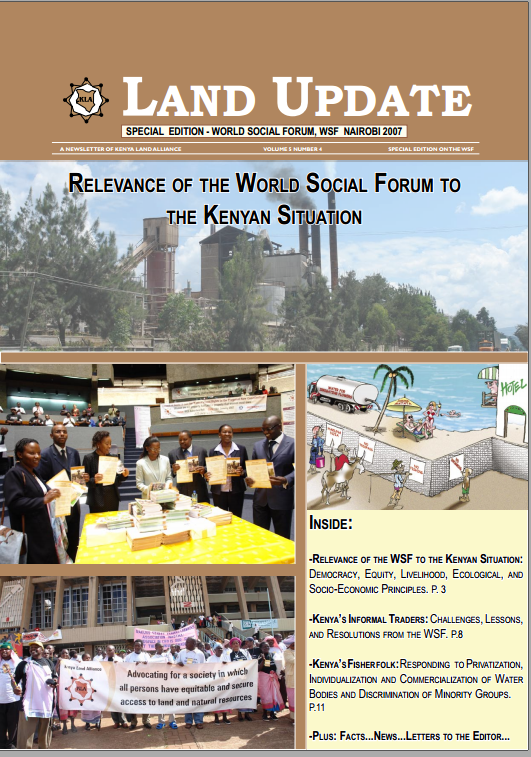A regulação institucional da propriedade da terra no Brasil: uma necessidade urgente
Historicamente a realidade fundiária brasileira, quer rural quer urbana, foi marcada pela existência de regulação formal, mas não aplicada integralmente, fazendo com que as regras do acesso à terra sejam bastante frágeis e incipientes.












